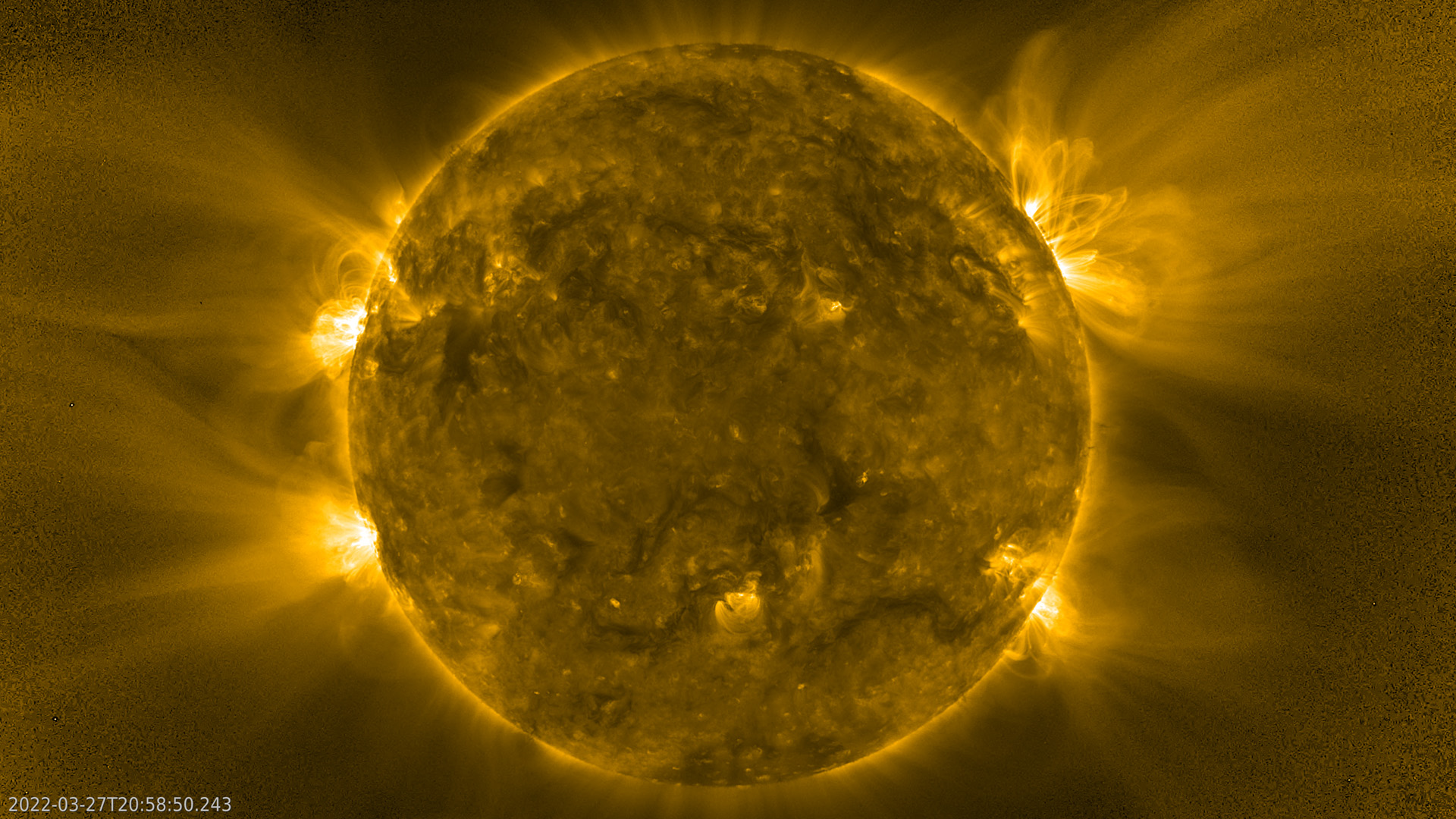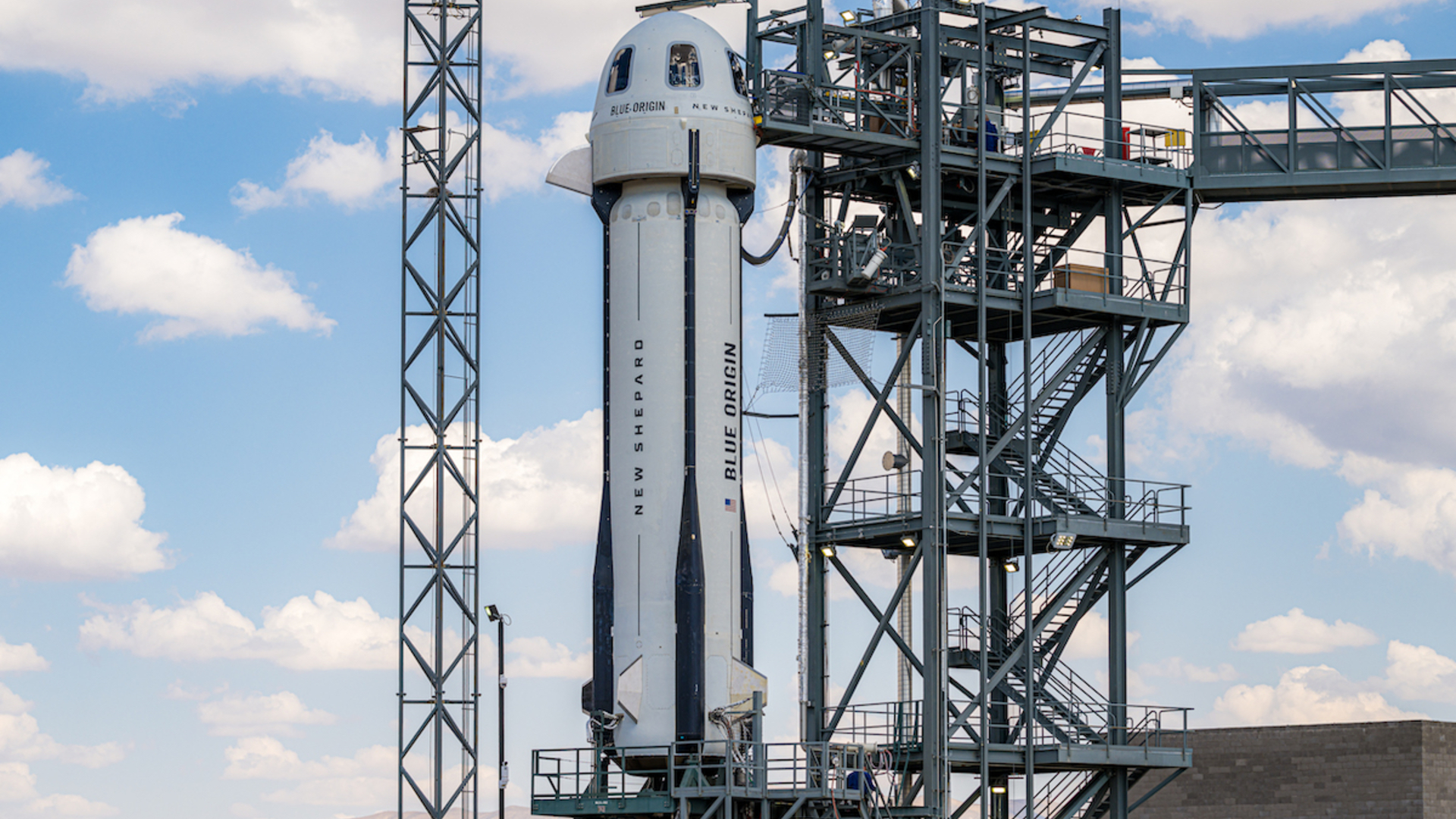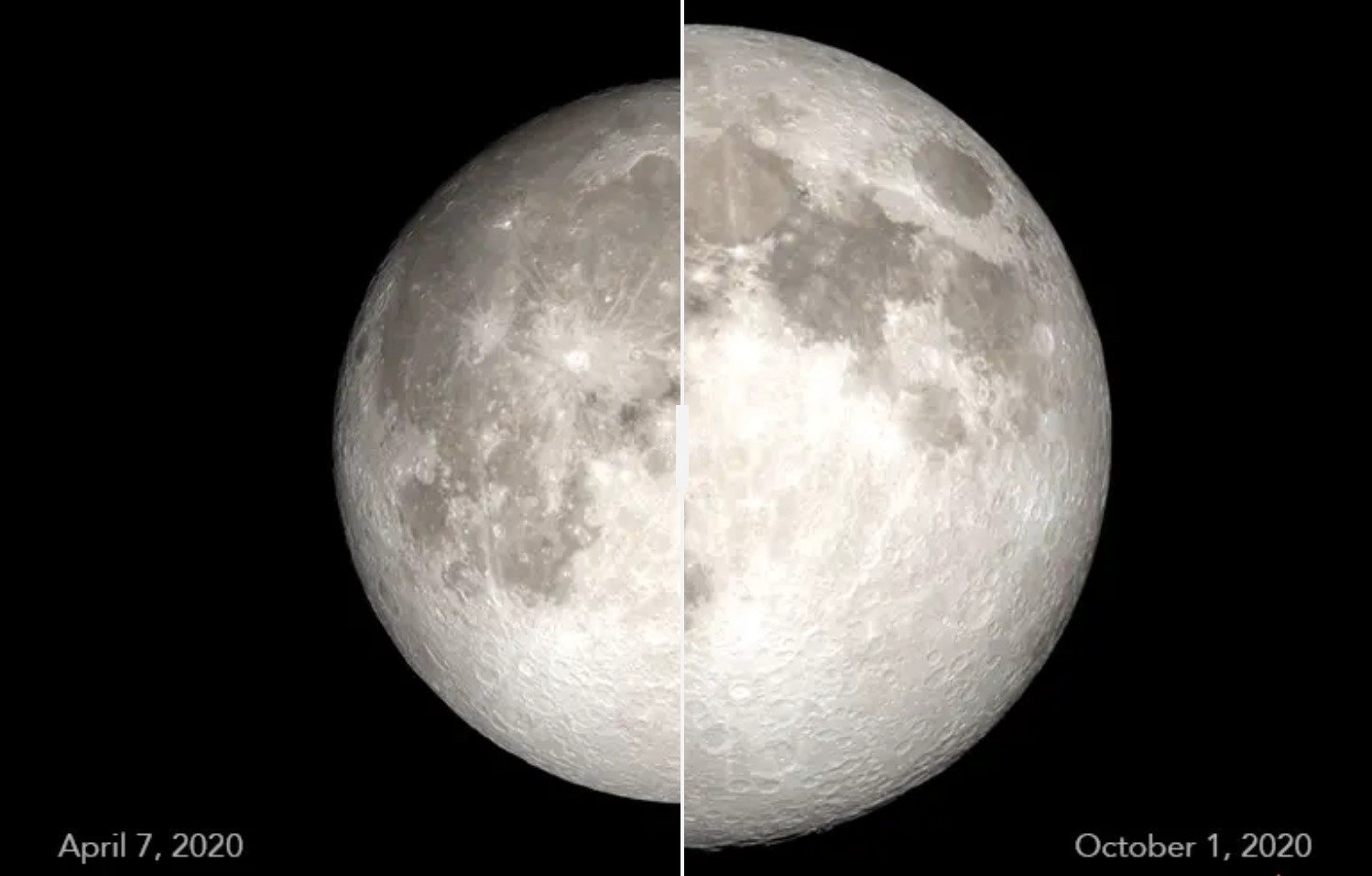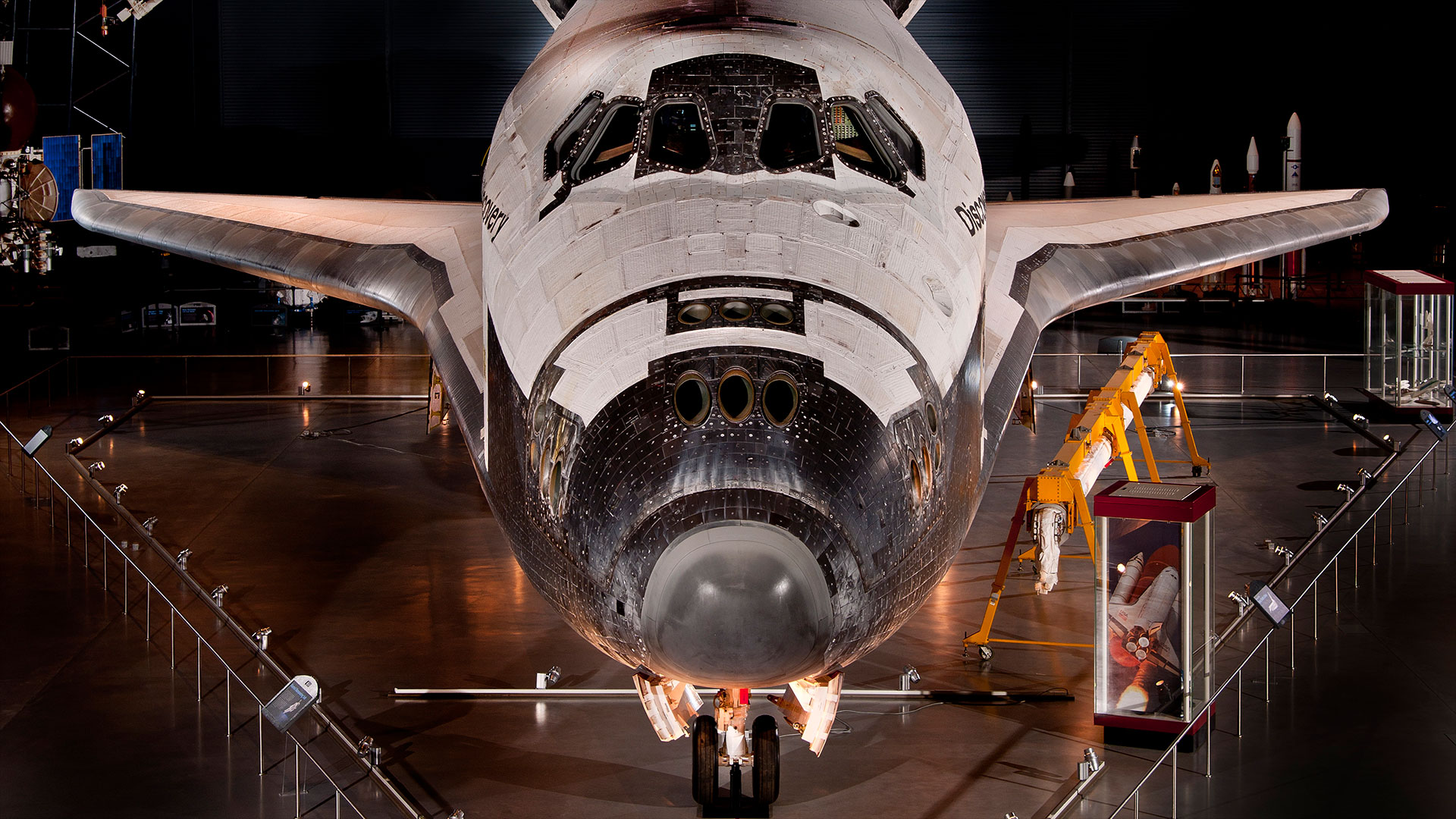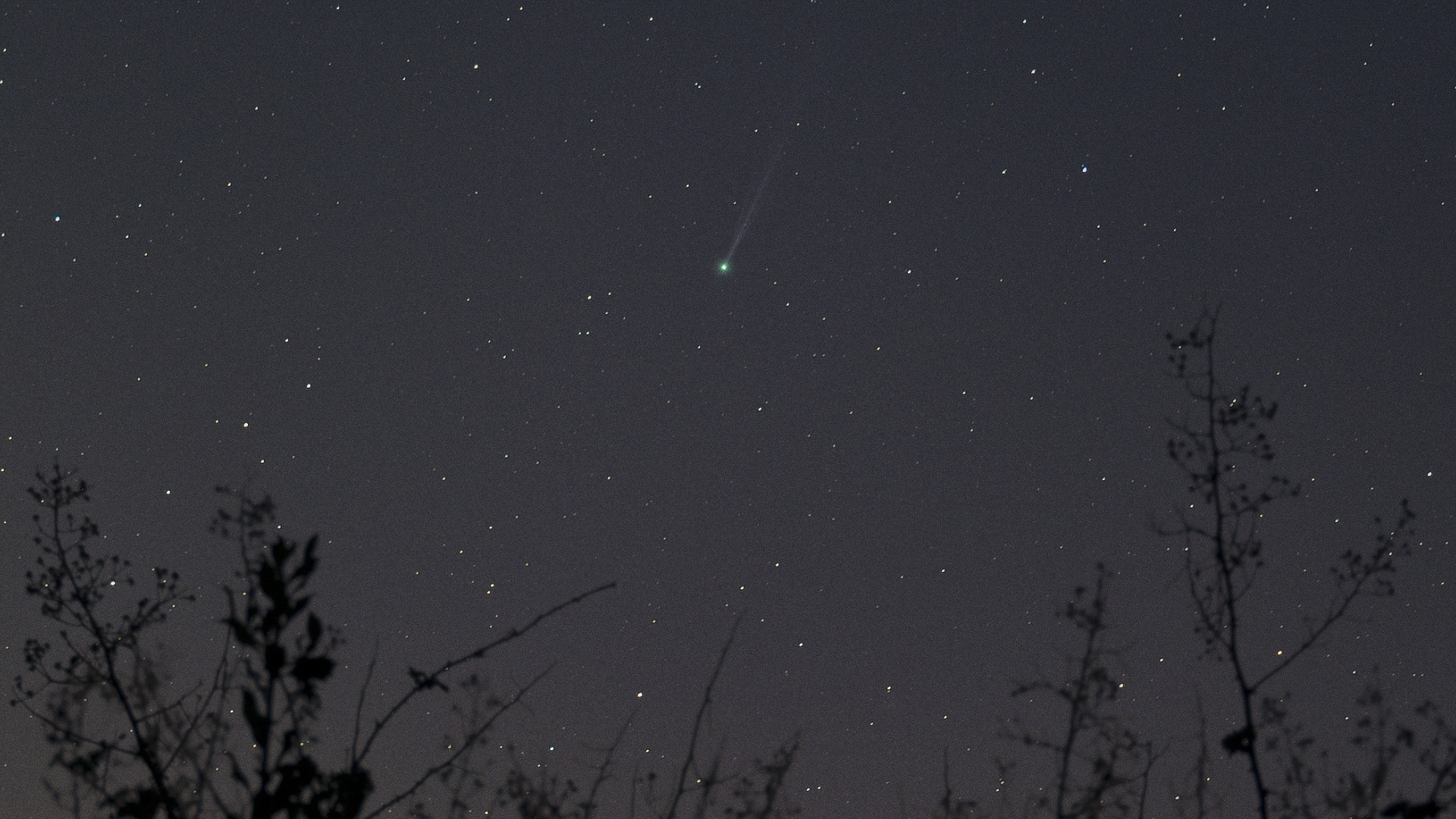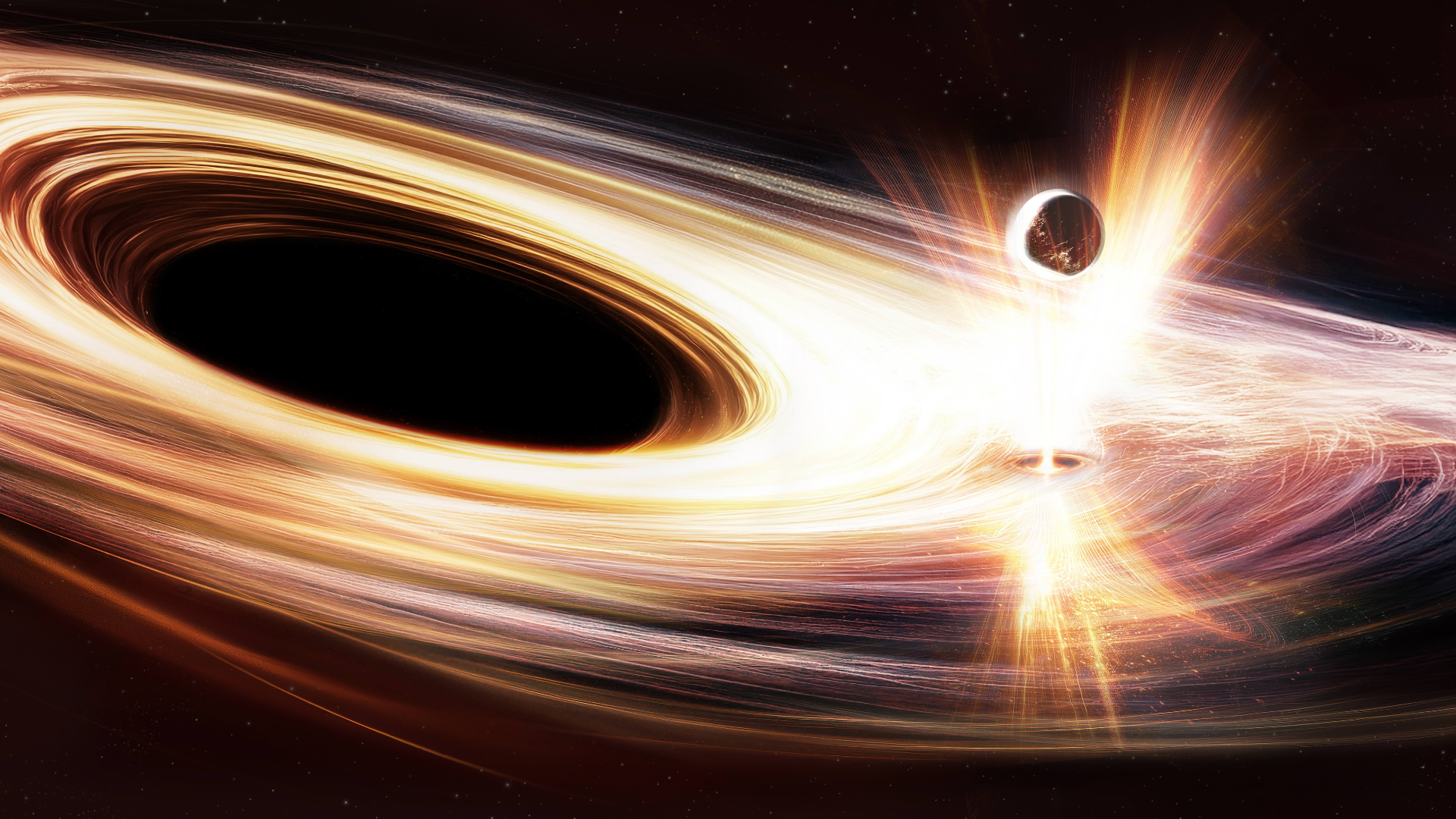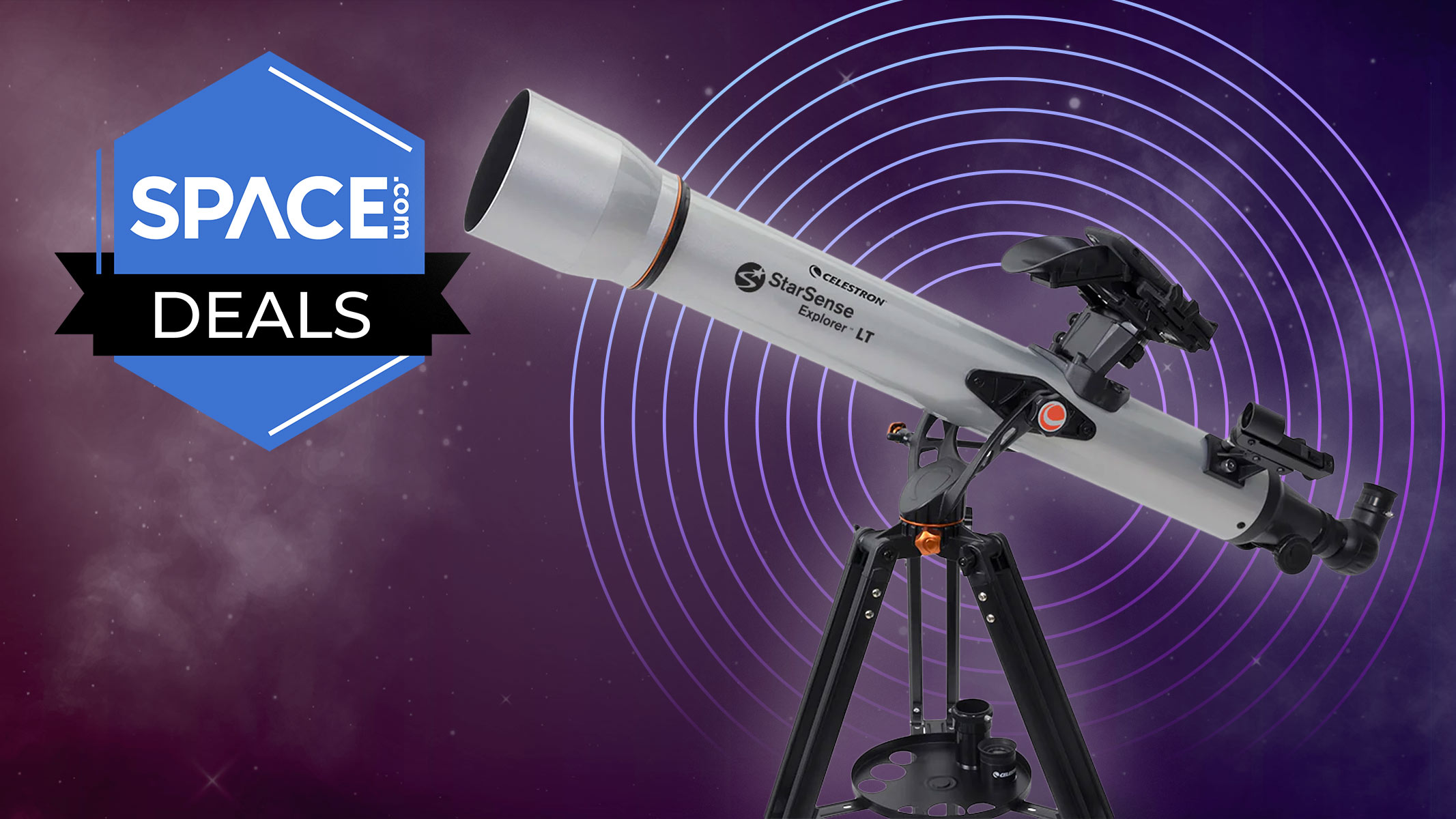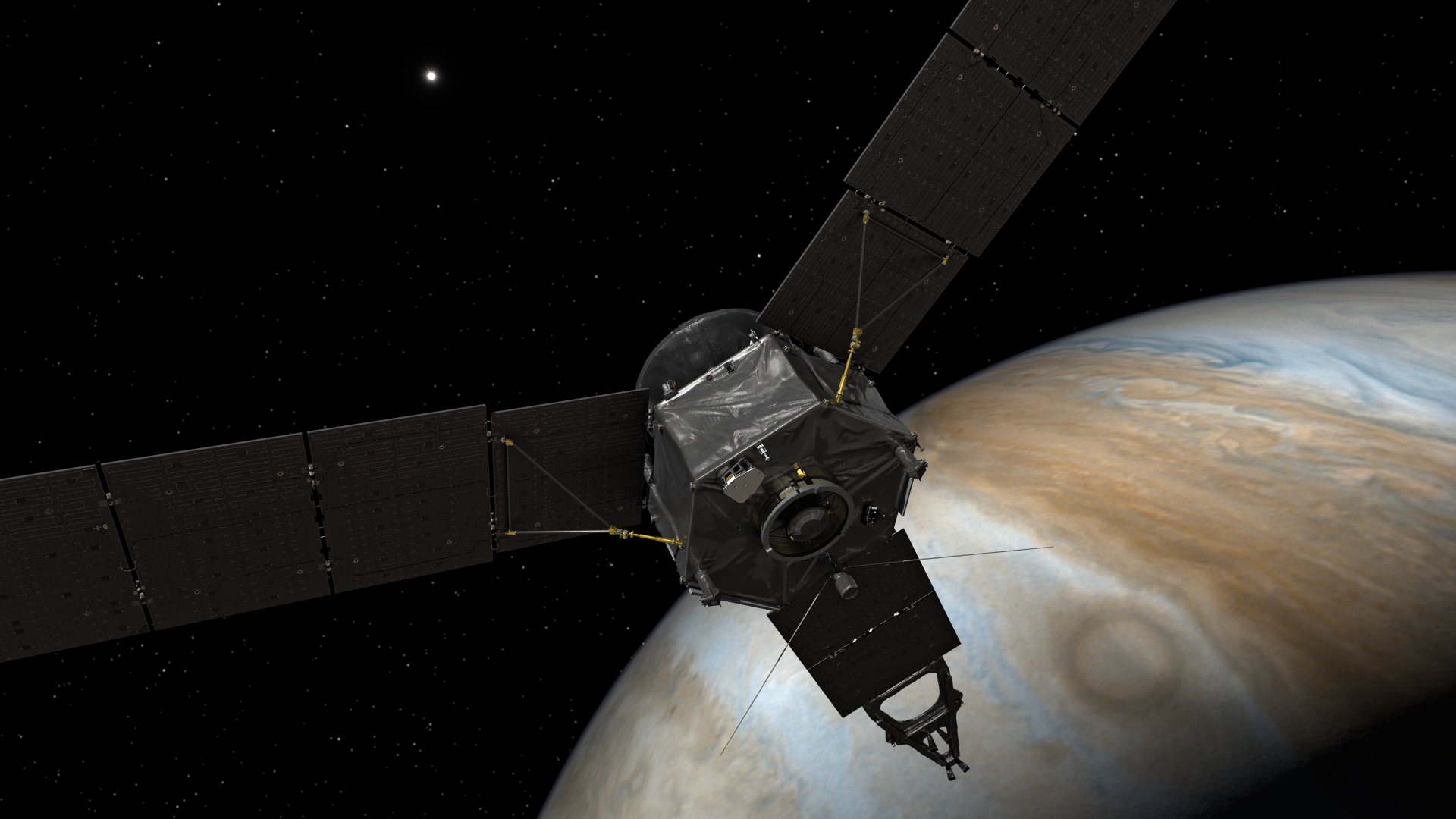
NASA's Juno spacecraft is opening its eyes to prepare for its first good look at Jupiter.
Juno's nine science instruments were off when the probe entered orbit around the solar system's largest planet Monday (July 4), to reduce complications during that night's make-or-break orbit-insertion engine burn.
The mission team powered up five of those instruments Wednesday (July 6) and plans to turn on the other four before the end of the month, NASA officials said. So Juno should be ready to gather some science data when Juno makes its next close pass by the huge planet on Aug. 27. (The probe is currently in a 53-day orbit around Jupiter.)
"Next time around, we will have our eyes and ears open," Juno principal investigator Scott Bolton, of the Southwest Research Institute in San Antonio, said in a statement today (July 8). "You can expect us to release some information about our findings around Sept. 1."
The $1.1 billion Juno mission launched in August 2011 and aims to help scientists better understand Jupiter's magnetic and gravitational fields, composition and interior structure — in particular, whether the huge planet harbors a core of heavy elements.
The probe's observations should shed light on when, where and how Jupiter — and, by extension, the solar system as a whole — came together, mission team members have said.
Juno will make most of its measurements from its highly elliptical 14-day science orbit, which will bring it within 3,100 miles (5,000 kilometers) of Jupiter's cloud tops at its closest approach. The spacecraft will perform a 22-minute engine burn on Oct. 19 to achieve that orbit. (Juno's main engine will also fire up on July 13 for a brief "trajectory-correction maneuver," NASA officials said.)
Get the Space.com Newsletter
Breaking space news, the latest updates on rocket launches, skywatching events and more!
In total, Juno will loop around Jupiter 37 times before ending its life with an intentional death dive into Jupiter's thick atmosphere in February 2018. This final maneuver is designed to ensure that Earth microbes don't contaminate the Jovian moon Europa, which scientists think might be capable of supporting life.
Follow Mike Wall on Twitter @michaeldwall and Google+. Follow us @Spacedotcom, Facebook or Google+. Originally published on Space.com.
Join our Space Forums to keep talking space on the latest missions, night sky and more! And if you have a news tip, correction or comment, let us know at: community@space.com.

Michael Wall is a Senior Space Writer with Space.com and joined the team in 2010. He primarily covers exoplanets, spaceflight and military space, but has been known to dabble in the space art beat. His book about the search for alien life, "Out There," was published on Nov. 13, 2018. Before becoming a science writer, Michael worked as a herpetologist and wildlife biologist. He has a Ph.D. in evolutionary biology from the University of Sydney, Australia, a bachelor's degree from the University of Arizona, and a graduate certificate in science writing from the University of California, Santa Cruz. To find out what his latest project is, you can follow Michael on Twitter.

